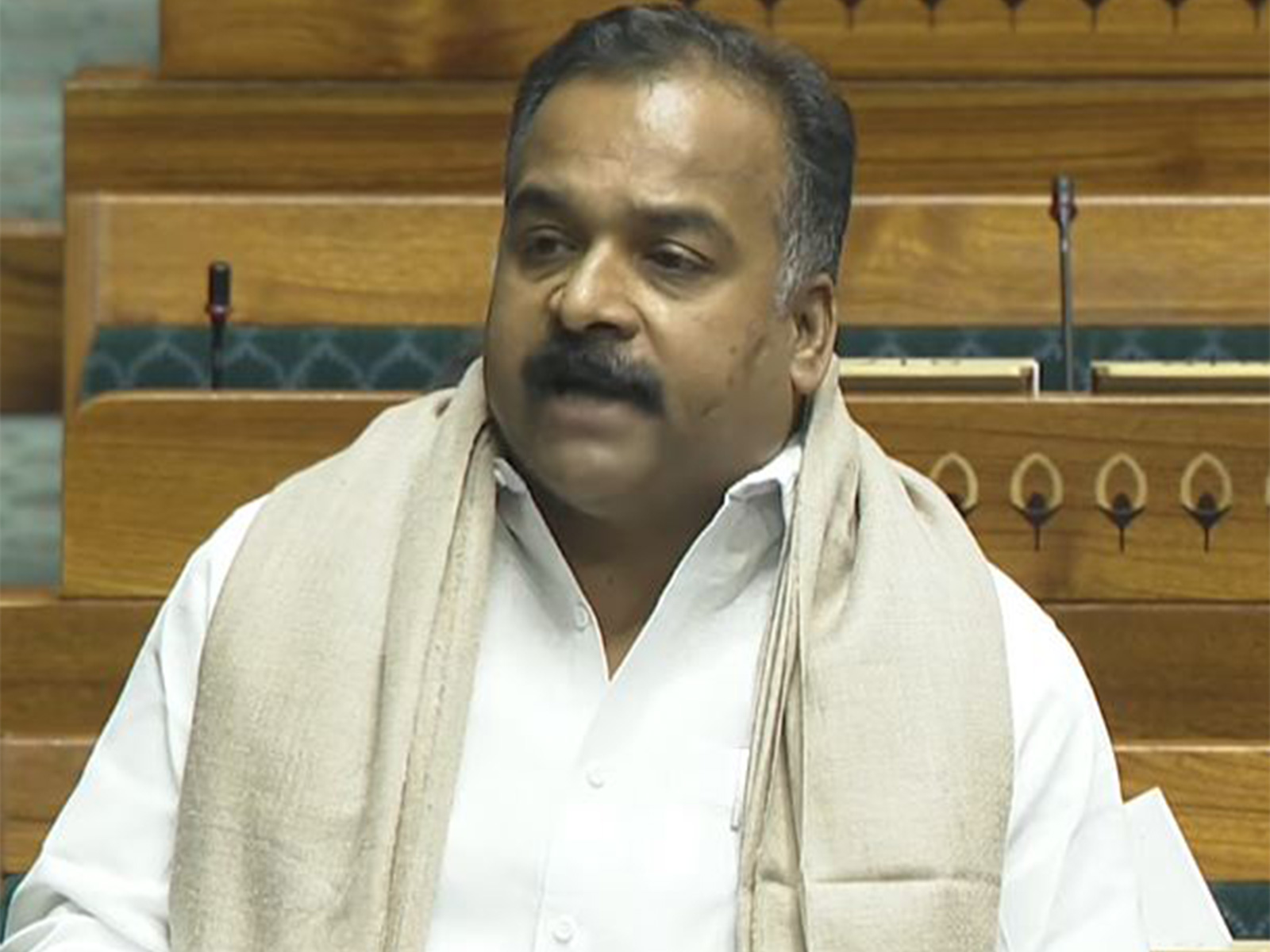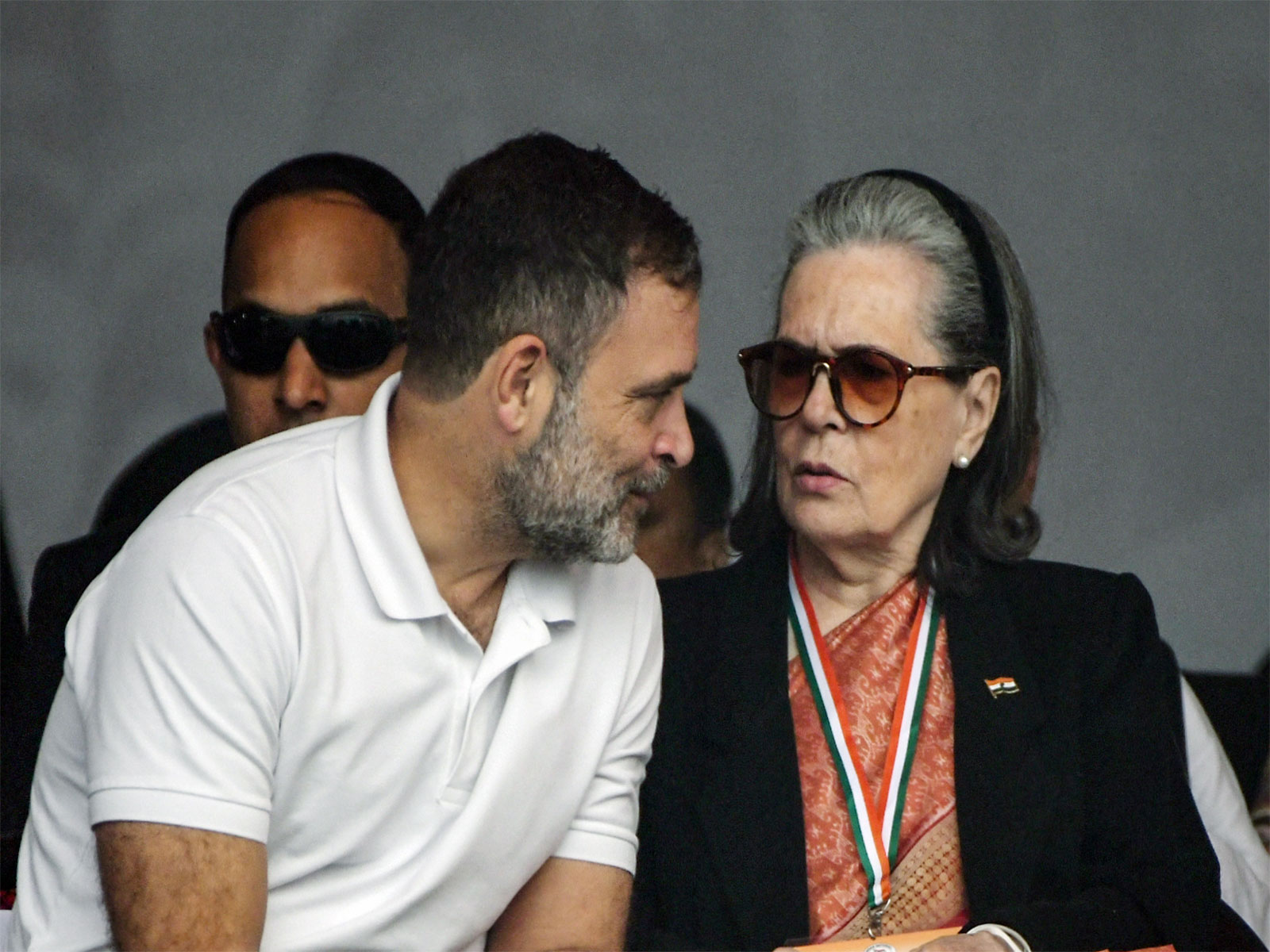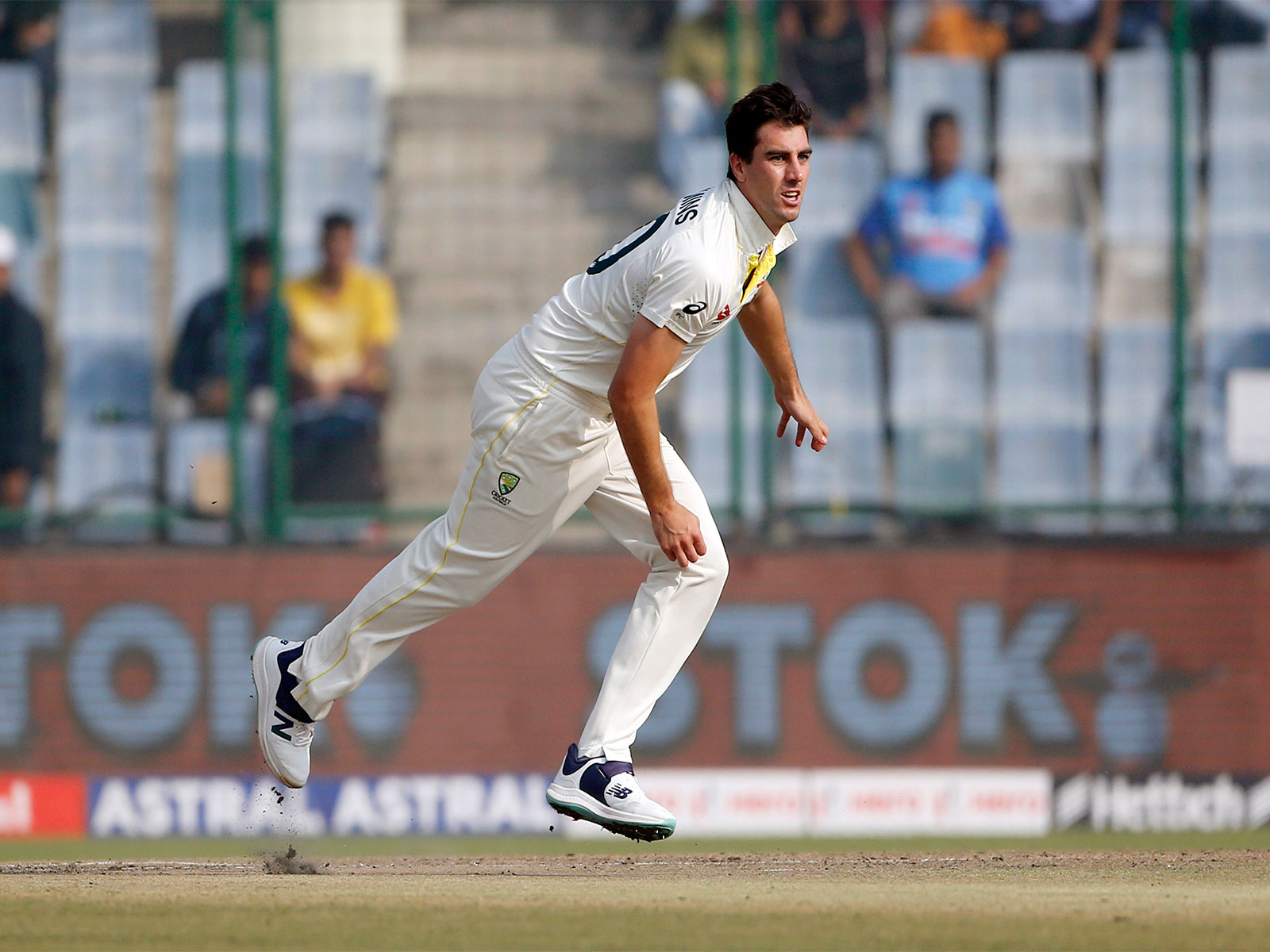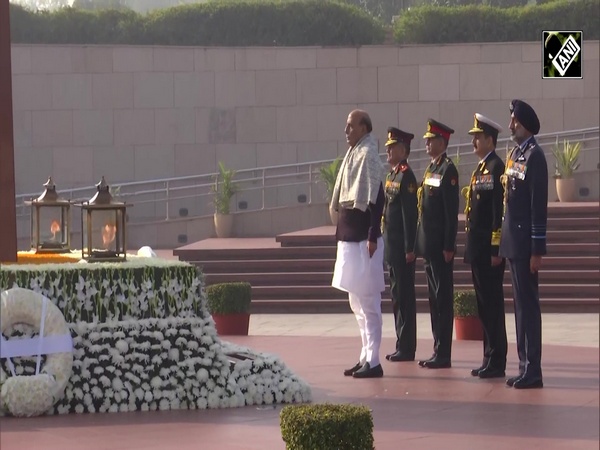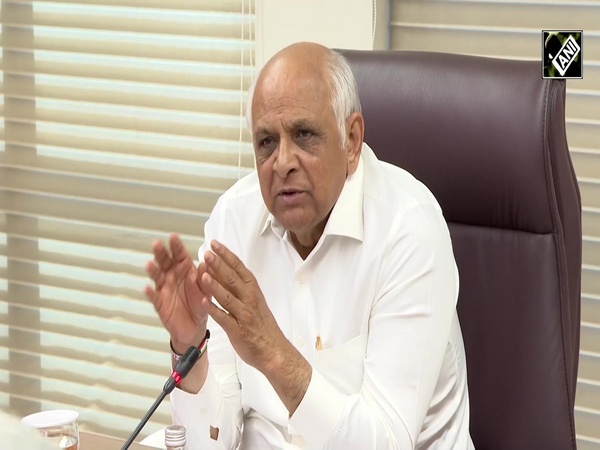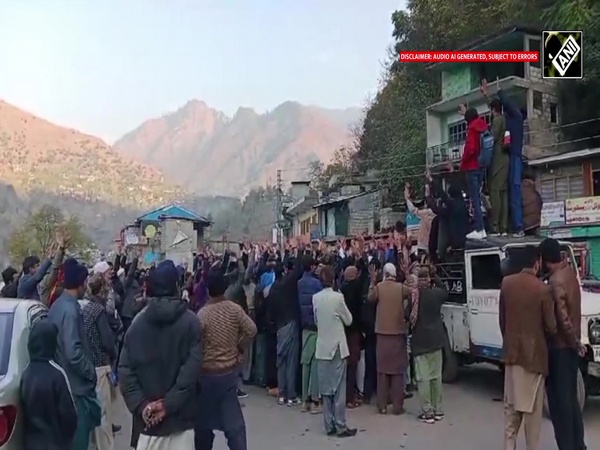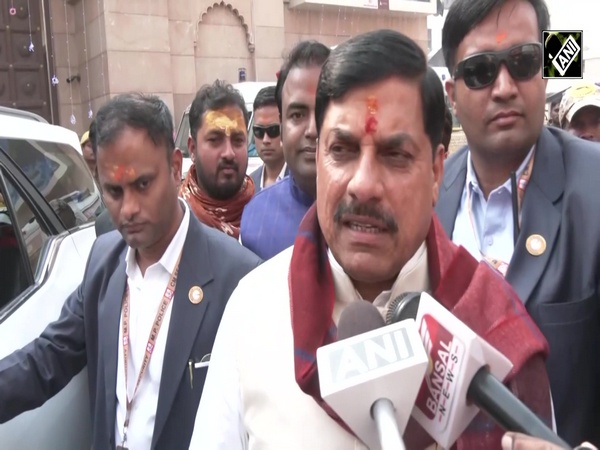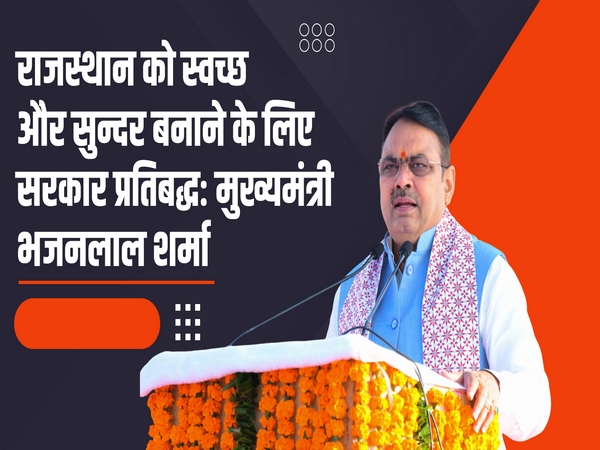"Improvement in timely administration": President Murmu urges swift reforms, to address judicial challenges
Sep 01, 2024

New Delhi [India], September 1 : In her valedictory address at the National Conference of the District Judiciary to mark 75 years of the Supreme Court of India, President Droupadi Murmu highlighted the recent advancements in timely administration, infrastructure, facilities, training, and manpower within the judiciary.
President Murmu emphasised that significant progress is still needed across these areas, stressed the importance of accelerating reforms, and highlighted the need for a united effort from all stakeholders to overcome the numerous challenges facing the judicial system.
Addressing the closing ceremony of the National District Judiciary Conference, President Murmu said, "I am told that in recent times there has been improvement in the availability of timely administration, infrastructure, facilities, training, and manpower. But there is still much to be done in all these areas. I believe that there should be rapid progress in all the dimensions of reform."
"I am happy to note that the number of women in the selection committees has increased in recent years. This increase has led to a 50 per cent increase in the number of women in the selection committees," she said.
"There are many challenges before our judiciary for which all stakeholders will have to make concerted efforts. For example, issues related to evidence and witnesses should be resolved jointly by the judiciary, government, and police administration," said the President.
The President also noted that the plight of women victims is in bad condition due to the lack of support from society itself.
"It is a sad aspect of our social life that even after committing a crime, the criminals roam around fearlessly. Those who are victims of their crimes live in fear as if their own thoughts have committed many crimes. The situation of women victims is even worse because even the people of society do not support them," said President Murmu.
The Supreme Court of India organised a two-day National Conference of the District Judiciary on August 31 and September 1, 2024, that was attended by more than 800 participants from the district judiciary of all States and Union Territories.
In the event, President Draupadi Murmu and Union Law Minister Arjun Ram Meghwal echoed for finding a solution for the practice of deferment of court cases and to break the common perception of 'Tarikh par Tarikh culture regarding the justice system.
In the meantime, Chief Justice of India DY Chandrachud said that they have skilfully laid out an action plan for reducing case pendency through case management.
President Murmu also mentioned the black coat syndrome that poor people in rural India faced due to several barriers to accessing justice.
Chief Justice of India, DY Chandrachud, who addressed the two-day National Conference of District Judiciary at Bharat Mandapam, spoke on the action plan for reducing case pendency through case management
Under the guidance of the Chief Justice of India, DY Chandrachud, the national conference on the district judiciary will include six sessions to be hosted over a span of two days.
The session on "Infrastructure and Human Resources" aims to explore ways to enhance the infrastructure and human capital for the district judiciary, stated the press statement issued by the Supreme Court.
The session on "Courtrooms for All" will include presentations and discussions on the need for accessibility and inclusivity within the district judiciary and the need to ensure safe and equitable access to justice for the marginalised communities, it added.
"Judicial Security and Judicial Wellness" will also be discussed to address the safety concerns for judges and several well-being initiatives.
The second day will be marked by a session on "Case Management" to discuss strategies for efficient case handling and reduction in pendency. "Judicial Training - Curriculum and Methods" will also be deliberated upon to enhance the training programs for judges.
The conference has also scheduled a session on "Bridging the Gap" to encourage a discussion on how the High Courts and Supreme Court can support the needs of the district judiciary in a holistic manner.
The Judges of the Supreme Court, Chief Justices of High Courts, Secretary General of Supreme Court, along with the Registrar Generals of High Courts, will be participating in the conference.


